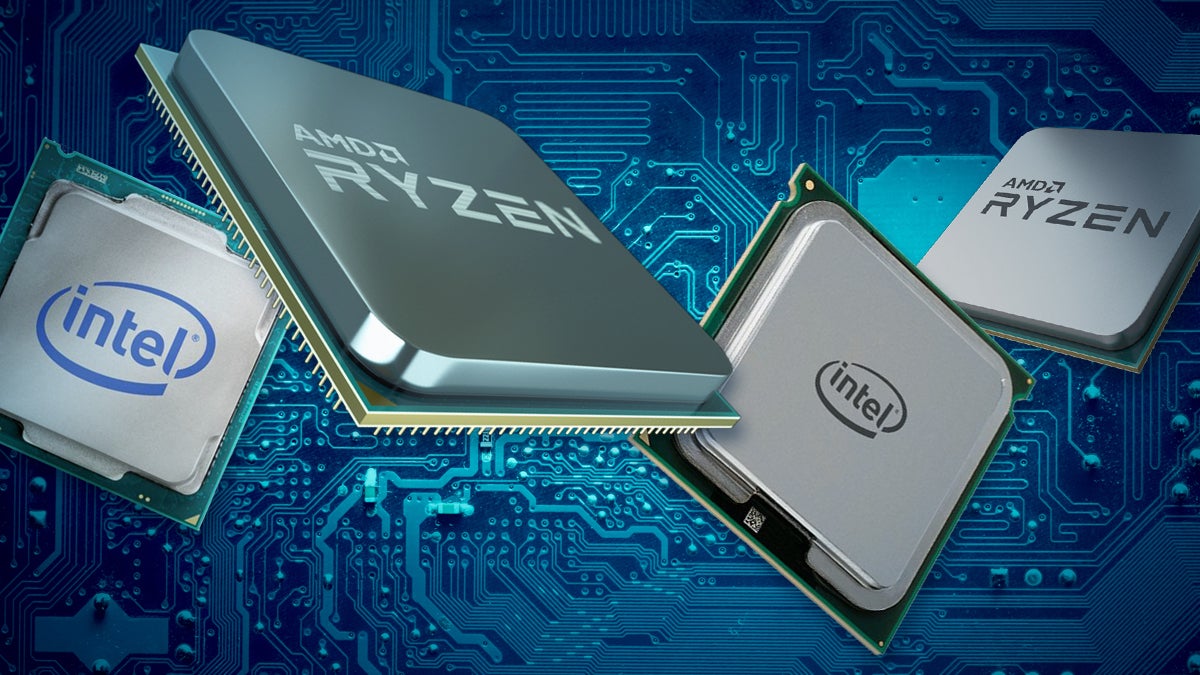Choosing the perfect budget CPU can indeed be a daunting task, but understanding your performance needs, budget constraints, and long-term goals can help make the decision easier. Here are some key points to consider when selecting a budget CPU:
- Price-to-Performance Ratio: Determine your budget and compare CPUs based on their performance within that price range. Look for CPUs that offer the best balance of performance and affordability for your specific needs, whether it’s gaming, productivity, or a combination of both.
- Thermal Needs: Consider the thermal requirements of the CPU you’re interested in. Some CPUs may require better cooling solutions to maintain optimal performance, which can add to the overall cost. Look for CPUs that offer adequate cooling solutions out of the box or factor in the cost of aftermarket coolers if necessary.
- Future-Proofing: Evaluate the long-term viability of the CPU and its platform. Consider factors such as socket compatibility and manufacturer support for future CPU upgrades. AMD’s AM4 platform, for example, has been supported for multiple CPU generations, offering users more flexibility and potential cost savings in the long run.
- Consider Your Use Cases: Different CPUs excel in different tasks, so consider your primary use cases. If you’re primarily gaming, prioritize CPUs with strong single-threaded performance. For productivity tasks like video editing or rendering, focus on CPUs with higher core counts and multi-threaded performance.
- Compare Intel and AMD Offerings: Both Intel and AMD offer competitive budget CPU options, so be sure to compare offerings from both manufacturers. Consider factors like performance, efficiency, platform compatibility, and overall value for money when making your decision.
By carefully considering these factors and comparing options, you can find the perfect budget CPU that meets your needs and provides the best value for your money.
TOPICS:
CPU


